Paperwork is a time-strapped teacher’s worst nightmare. But sometimes it’s unavoidable.
As in the case of IEP management.
Teachers are under a lot of pressure to provide every student with the best education possible. This is an extremely difficult task because all students have different capabilities, personalities, and learning styles.
When trying to do it all, it’s almost inevitable that something will slip through the cracks. One of those things is often IEP compliance.
Students with disabilities can have trouble integrating into regular classroom settings and keeping pace with regular learning environments. That is why the Individuals with Educational Disabilities Act (IDEA) requires that students with diagnosed disabilities receive Individualized Education Plans (IEP).
IEPs are essentially roadmaps of special education instruction that are designed to meet a child’s exact learning needs. Most require some type of modification to help students with disabilities succeed in school. For teachers, this means extra time and effort in lesson plan development and classroom management.
This can be a struggle for teachers who are trying to teach material to a large number of students, all with different needs and capabilities. Nevertheless, because IEPs are legal documents, teachers are required by law to adhere to the educational plan as outlined in them. And a big part of that plan is regularly reporting on a student’s progress.
But nobody is perfect. Overlooking parts of the IEP or forgetting to make the proper adjustments is not uncommon for teachers who are juggling a multitude of tasks throughout the day. Unfortunately this can lead to noncompliance issues (and headaches).
Educational technology tools can make managing IEP compliance a little less daunting and can help ensure you meet a child’s education needs.
Create digital lesson plans for easy adjustments
Teachers have to be prepared to be flexible with lesson plans when any of their students require an IEP, advises the American Board for the Certification of Teacher Excellence.
Digital tools can help smooth this process by making it quicker and easier for you to make adjustments to lesson plans, either when planning or in real-time situations. A few of the most common digital lesson planning tools include
By using digital tools, you add a layer of flexibility to your lesson planning. This helps you ensure IEP compliance because, even if you forget to account for it in your original plans, you can adjust on the fly to incorporate the modifications.
Design personalized learning experiences to meet individual goals
In essence, IEPs require teachers to create personalized learning experiences for some students. Personalized learning is a growing trend in regular education classrooms, and putting it into practice has gotten easier thanks to technology.
Through the use of digital tools, many teachers have been working toward the ideal of creating personalized learning experiences for each student in their classrooms. This can be particularly helpful in addressing the needs of students with disabilities — and for meeting IEP requirements.
In a personalized learning environment, teachers use data and technology to enhance learning in the classroom and create personalized pathways to success, says Abbie Forbus, director of teaching and learning at KnowledgeWorks. Those personalized pathways are the very definition of IEP compliance.
“Personalized learning embodies the true value of technology for special education—it allows for a unique learning path to be created for every child, based upon their specific situation and needs,” remarks Winnie O’Leary, curriculum manager of educator engagement at e-learning company Edmentum.
Adopt tools for continuous data gathering
The IDEA requires that IEPs specify how a child’s progress will be measured in relation to stated goals. Measuring progress is essential in the special education process because it gives the IEP team evidence of the effectiveness of the IEP program, explains the Center for Parent Information and Resources.
But keeping up with those data points, among all the others collected throughout the day, can be challenging. Technology provides the means for you to juggle and analyze an abundance of data on a daily basis.
Special education teacher Caitlin Orsborne recommends using online assessment tools to gather student data, which can save you time and energy in monitoring progress. Assessment results can be quickly plugged into IEP reports so you don’t have to spend valuable time gathering the data and creating those reports.
Some school districts have implemented electronic progress monitoring with data collection of IEP annual goals to make it easier for students, teachers, parents, and administrators to track progress toward those goals. One such product, Public Consulting Group, Inc.’s EdPlan special education management system, is being used in more than 3,200 school districts in the U.S.
As reported by districts using the EdPlan system, the tool provides the schools with more consistent, reliable data; creates time-saving efficiencies in the reporting process; auto-calculates progress based on the data so teachers don’t have to manually create progress reports; and produces visuals of progress, such as graphs and charts, for easier reference.
Because data is so important to an IEP program, teachers must find ways to gather and report the required data in the most time-efficient ways possible. Doing so will allow them to focus their energies on teaching rather than reporting.
Though they create extra workloads for teachers, IEPs are a good thing for students with disabilities. As such, teachers should find innovative ways to develop processes for meeting IEP obligations. Digital tools can help facilitate that compliance.





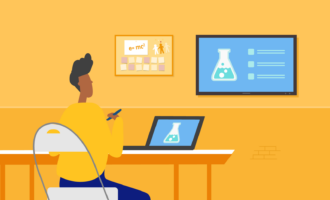




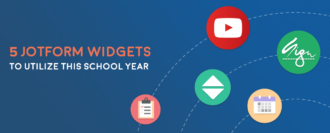


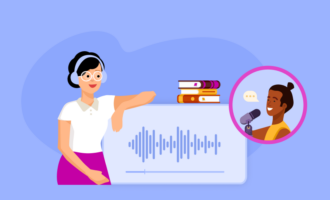





















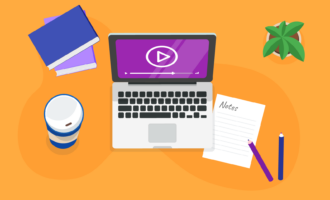








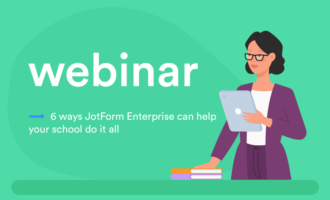















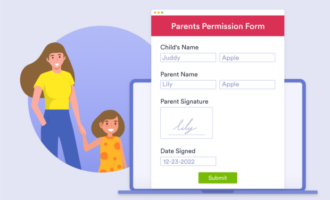










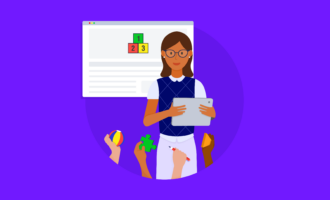
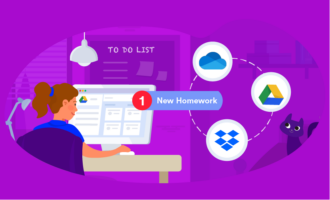

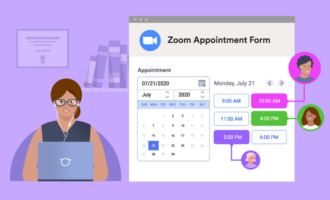





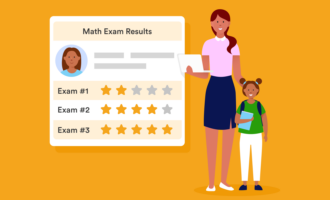







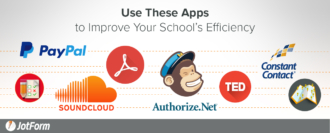







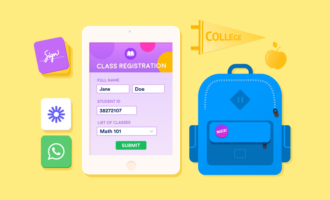








Send Comment: